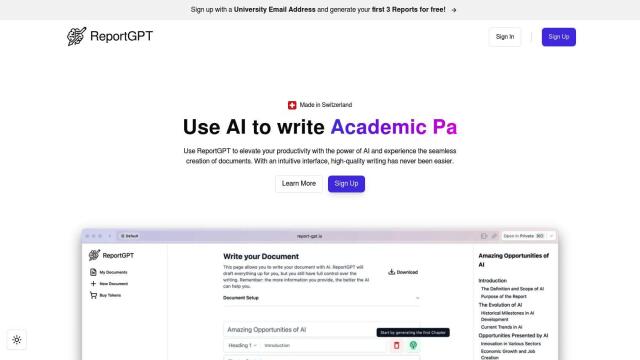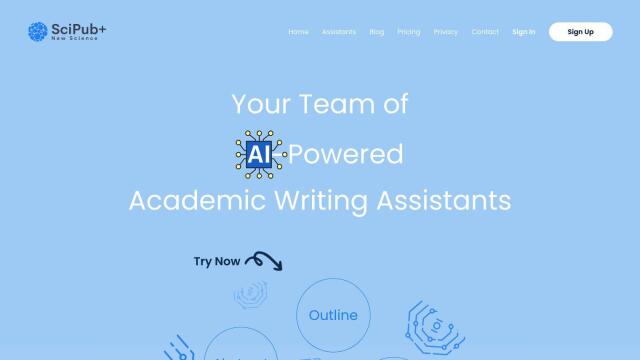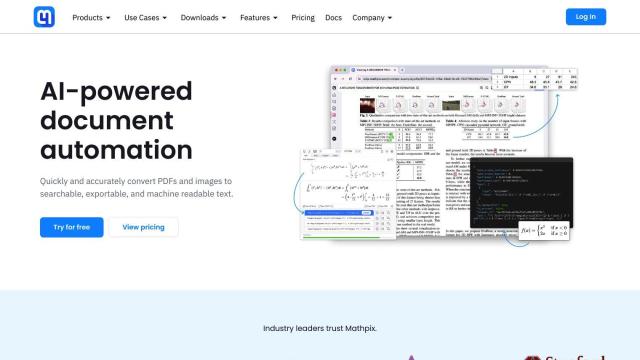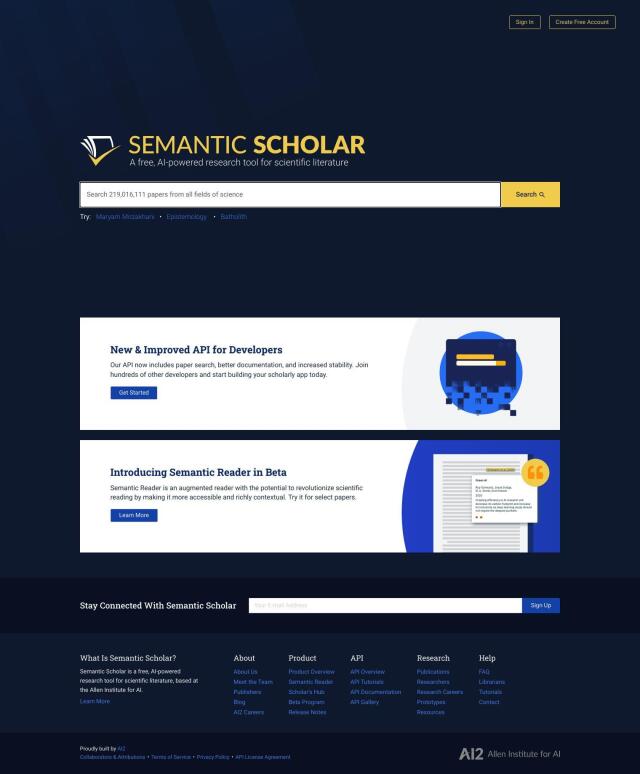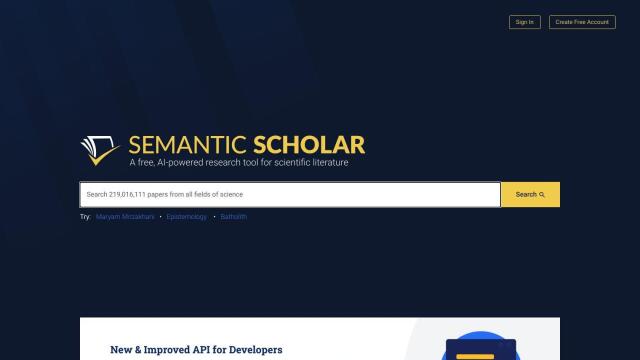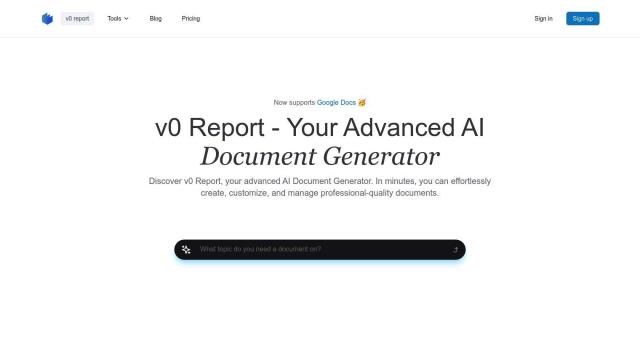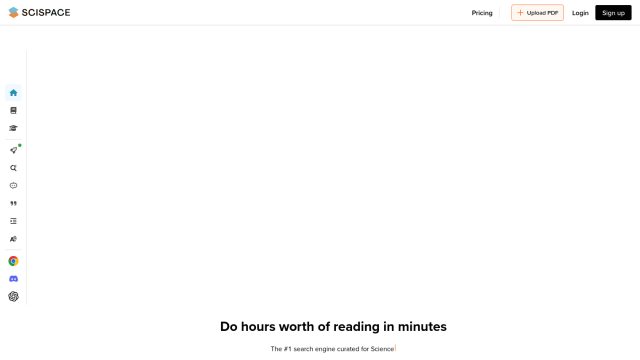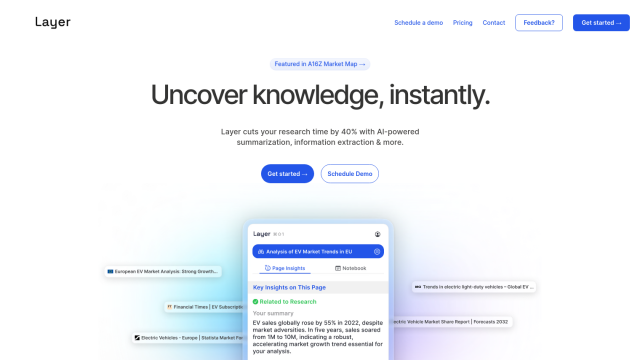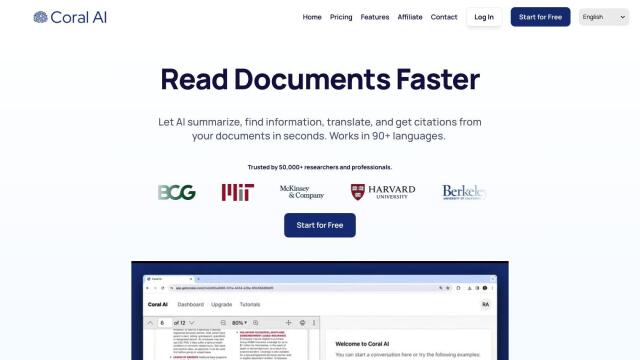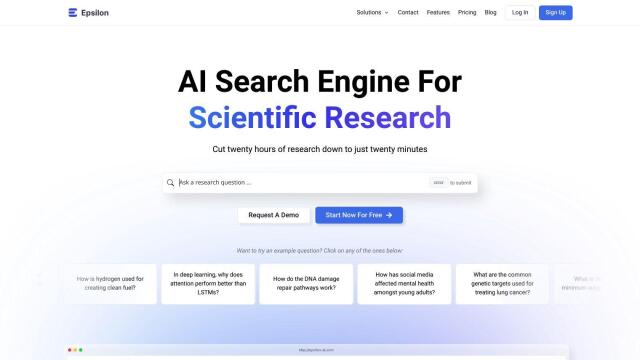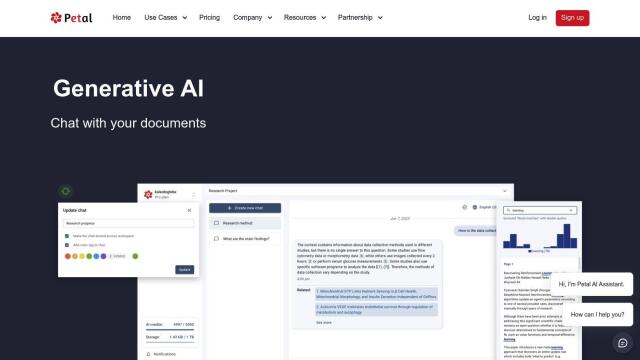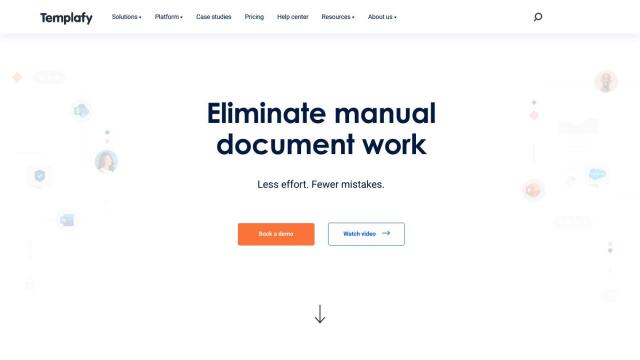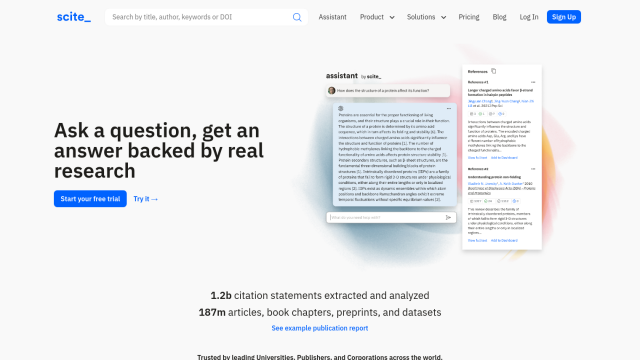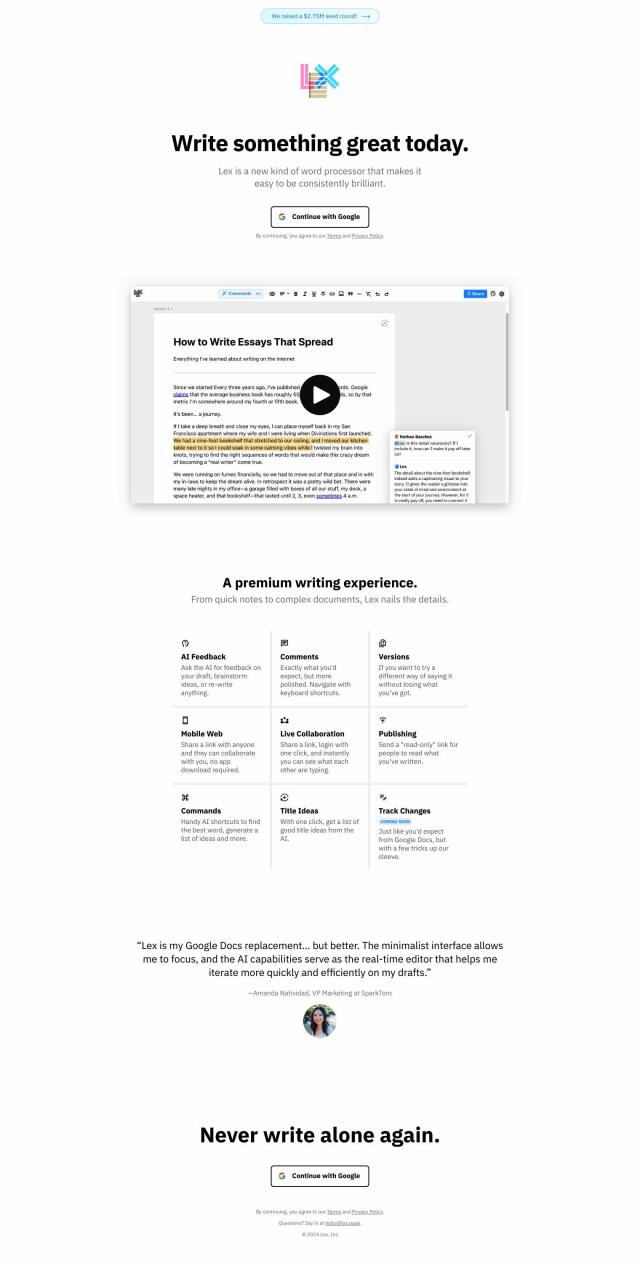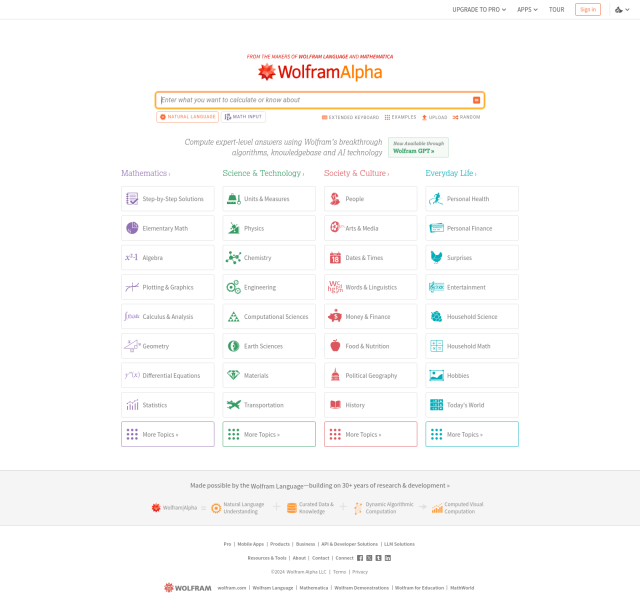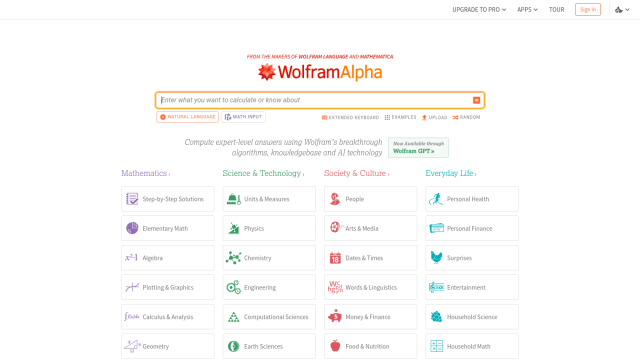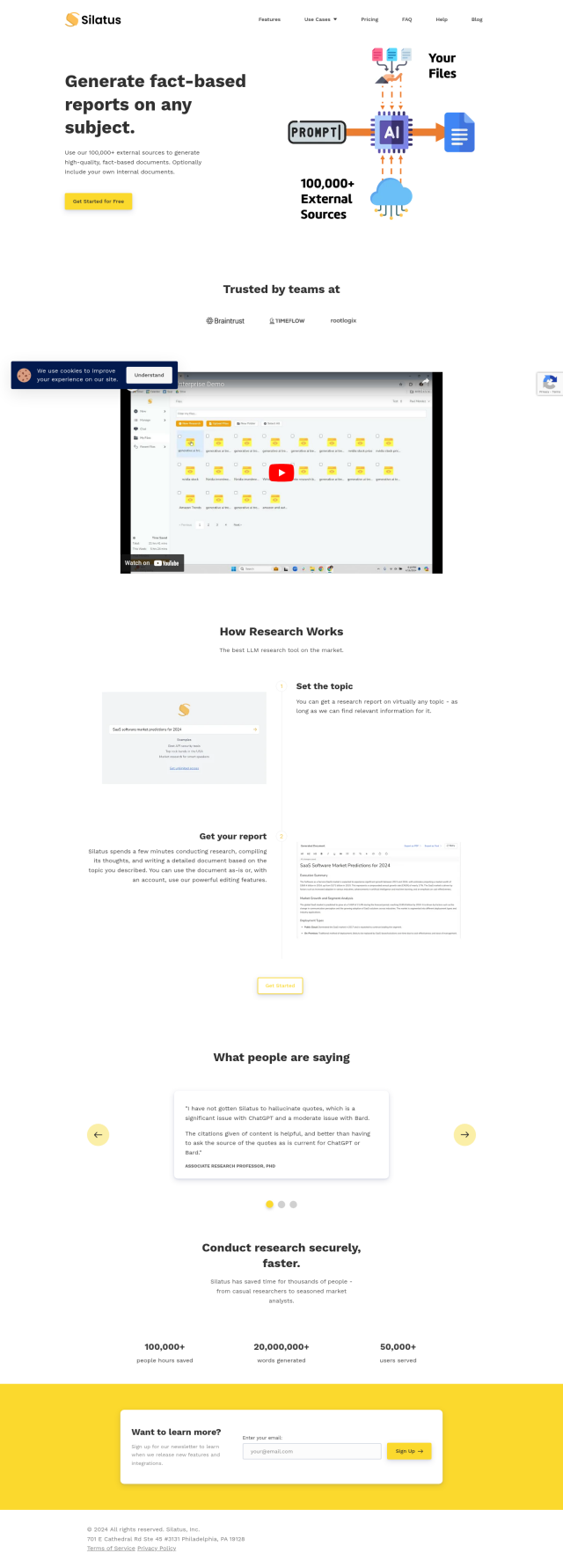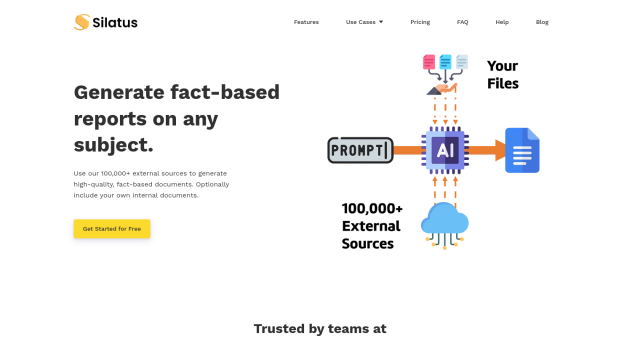Question: I'm looking for a tool that offers a wide range of LaTeX templates for scientific papers and reports.
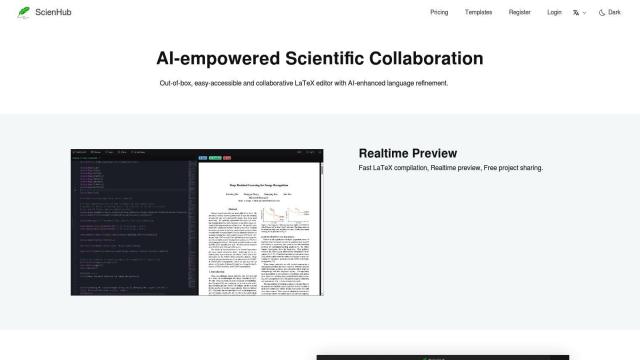
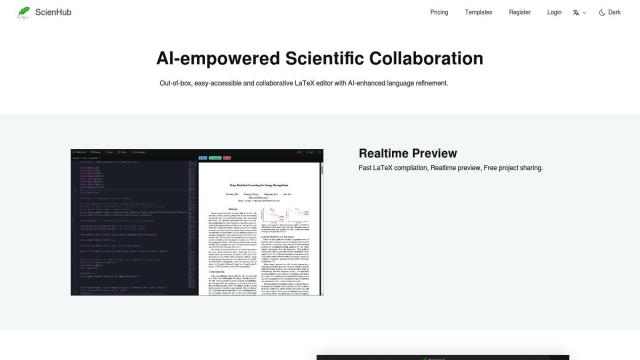
ScienHub
If you're looking for a tool that comes with a lot of LaTeX templates for scientific papers and reports, ScienHub is worth a look. This collaborative LaTeX editor uses AI to help scientists write documents more quickly with a distraction-free interface that shows a live preview of your work. It comes with hundreds of LaTeX templates for journals, conferences, theses, CVs and reports. ScienHub also has an AI-powered tool called PaperGPT that can help with language polish, and it has a tiered pricing system with a basic plan that's free.


Trinka
Another good option is Trinka, which is geared to improve the quality of academic and technical writing. It has editing, proofreading and plagiarism detection tools. Trinka also has a LaTeX proofreader that preserves your TeX code while checking for coherence and good writing style. That's useful for academic writers, who can also use Trinka's citation checker, journal finder and proofread file tool for MS Word documents.

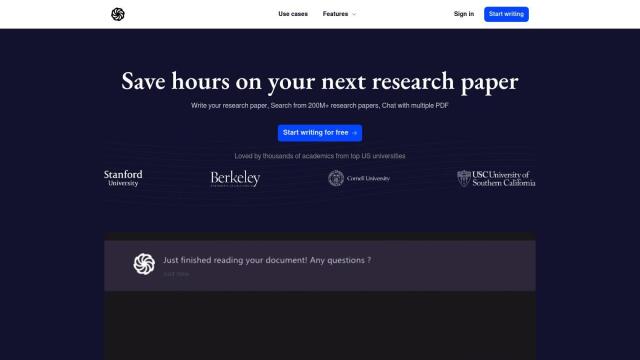
Doclime
For a more full-featured writing assistant, Doclime is a powerful tool that can automate much of the research paper writing process. It has tools to find relevant literature, extract facts and create outlines. Doclime's AI writing assistant can help with autocomplete and paraphrasing so you can write research papers faster. It's designed to save you hours of work by automating the research paper writing process, which is useful for academics who have deadlines.


ScienHub
Although these tools aren't focused on LaTeX templates, they each offer a range of features that can help you with your academic writing. ScienHub offers a lot of LaTeX templates and AI-powered polish for your documents, and Trinka and Doclime offer other tools to improve the quality and productivity of your writing.

